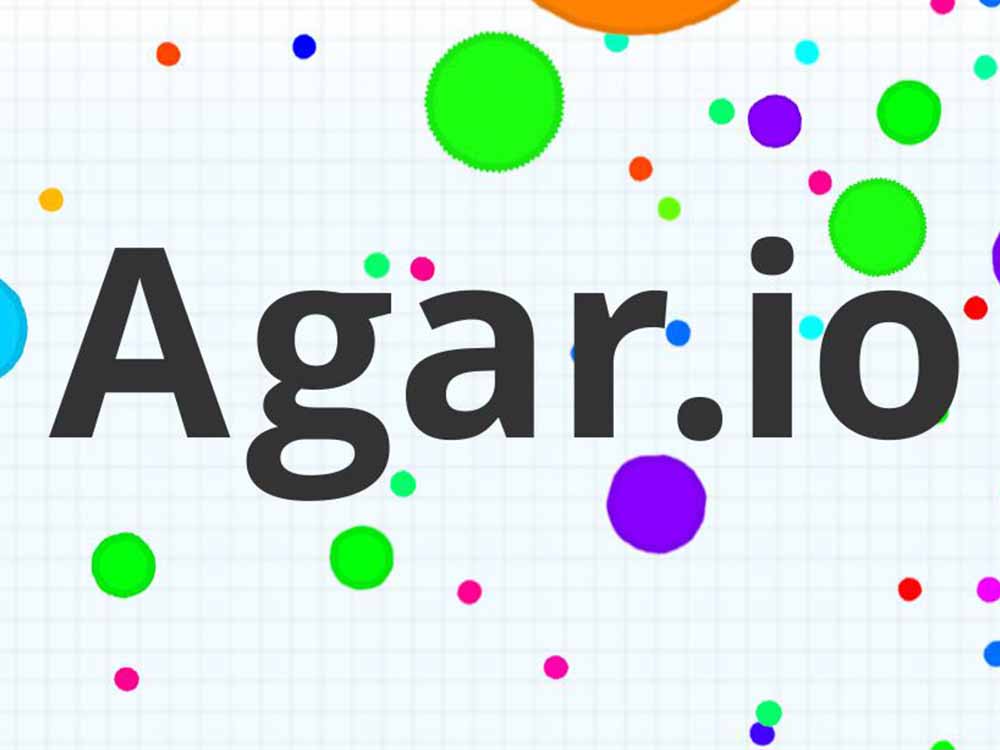Agar.io in 2015: The Viral Sensation That Redefined Online Gaming
The year 2015 witnessed the rise of Agar.io, an addictive and massively multiplayer online game that took the internet by storm. This comprehensive breakdown explores the background, gameplay mechanics, social phenomenon, and lasting influence of Agar.io during this pivotal year.
Background and Emergence of Agar.io
Agar.io had humble beginnings:
- Creation by Matheus Valadares: Agar.io was created by Brazilian developer Matheus Valadares, who released the game in April 2015 as a web-based experiment.
- Simple Concept: The game’s concept was straightforward: players controlled a cell and competed to become the largest by eating smaller cells and avoiding larger ones.
Gameplay Mechanics and Viral Appeal
Agar.io’s gameplay was easy to grasp but challenging to master:
- Cell Control: Players controlled a cell using their mouse or keyboard, with the objective of growing by absorbing smaller cells.
- Multiplayer Arena: The game featured a multiplayer arena where thousands of players could compete simultaneously, leading to unpredictable and chaotic encounters.
- Viral Appeal: Agar.io quickly gained popularity due to its simplicity, addictive nature, and the emergence of viral gameplay videos on YouTube.
Social Phenomenon and Internet Culture
Agar.io became a cultural phenomenon in 2015:
- YouTube and Twitch: Content creators on platforms like YouTube and Twitch streamed their Agar.io gameplay, drawing large audiences and fueling the game’s popularity.
- Customization and Memes: Players embraced the ability to customize their cells with skins, leading to the creation of unique and often humorous cell designs. Memes and trends related to Agar.io also emerged.
- Community and Collaboration: Agar.io fostered an online community where players formed alliances and rivalries, adding depth to the gameplay.
The Legacy of Agar.io
The impact of Agar.io extended beyond 2015:
- Mobile Adaptation: The game was adapted for mobile devices, further expanding its reach and accessibility.
- Inspiration for Game Developers: Agar.io’s success inspired other developers to create similar .io games, leading to a subgenre of multiplayer web games.
- Cultural References: Agar.io made appearances in popular culture, including references in TV shows and other media.











